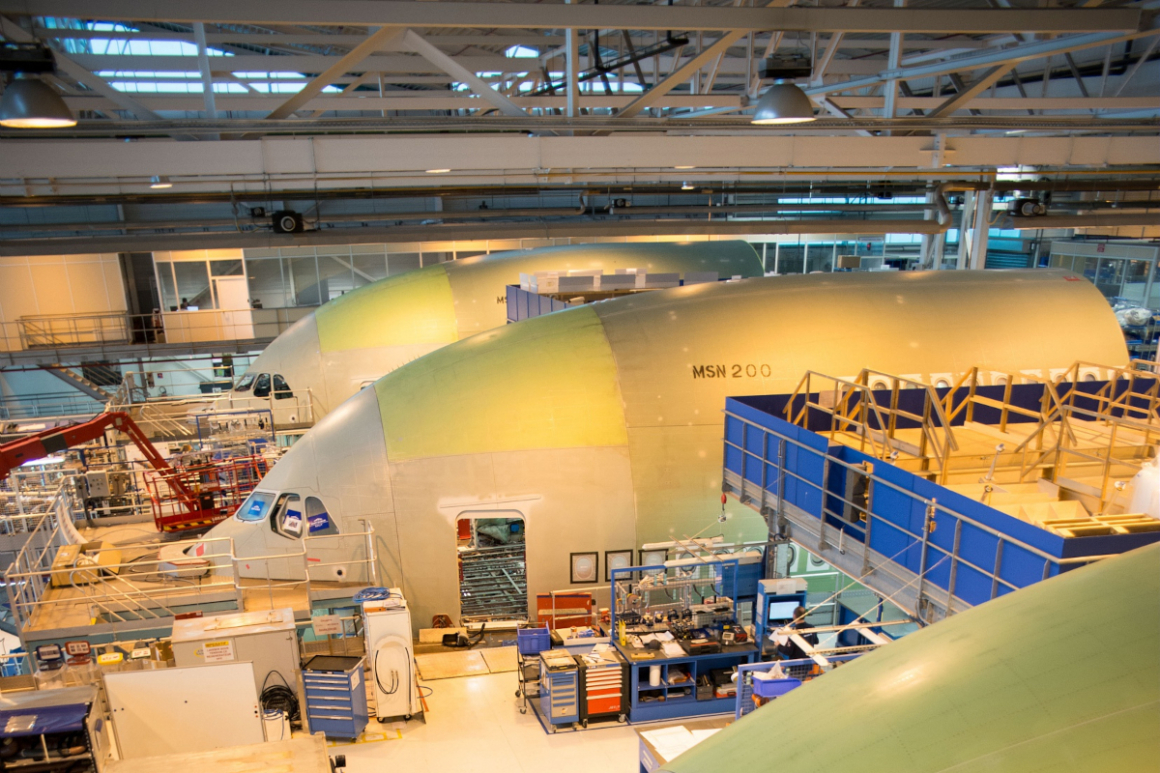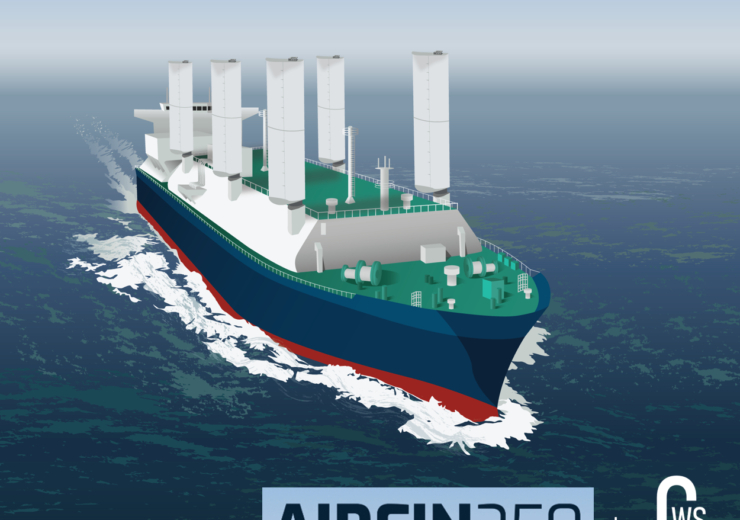Atlantic France plays a pivotal role in the aerospace industry, with a dynamic ecosystem that drives innovation and business collaboration. In this context, competition for leadership is fierce but full of opportunities.
The region’s historical ties to the aeronautics sector have laid a strong foundation for its current and future endeavours. Home to established aerospace companies and innovative startups, Atlantic France is committed to fostering an environment conducive to technological advancement and industry growth.
Technological innovation at Airbus Atlantic
Airbus Atlantic is leading innovation in the region, by focusing on improving competitiveness through flexibility, speed, simplicity, and agility.
The integration of nearly 6500 employees in Nantes (2400) and Saint-Nazaire (4100) underlines the central role of these sites in the Airbus value chain, in a context where many companies in the region are dedicated to the manufacturing of transport equipment.
Collaboration with subcontractors such as Daher Aerospace, which employs around 1000 people, is essential for developing advanced technologies and optimising industrial processes.
Collaborative and competitive technology ecosystem
We’ve mentioned Airbus Atlantic’s collaboration with suppliers, but the truth is that the region has many other examples of collaborations that create synergies.
We have clusters, such as Neopolia and EMC2, which respectively promote collaboration between 65 and 210 members. These networks bring together startups, SMEs, large groups, and academics, all of whom encourage each other to drive forward industrial development.
Atlantic France also counts on platforms that support innovation and knowledge transfer, such as the Composites Technocampus, and technological research centres such as IRT Jules Verne and CEA Tech.
It is also worth noting that three-quarters of the region’s employees work in companies with at least 100 employees. This figure rises to more than 85% when it comes to aeronautical companies.
Aeronautical training in Atlantic France
As if all this were not enough, the Campus des métiers et des qualifications de l’aéronautique is a key initiative that brings together academic institutions, manufacturers, institutional partners, and professional organisations to focus on training and employment in the aeronautical sector.
It aims to increase the visibility and accessibility of careers and training and to respond to companies’ needs for skills and expertise.
Around 40 education and training courses are offered, from vocational diplomas to engineering degrees, to develop the essential skills for the industry and, where possible, to enable it to further grow.
Commitment to sustainability in Atlantic France
The region’s aeronautics sector is committed to sustainability, aiming for net-zero CO2 emissions by 2050.
Airbus has chosen Nantes as the location for one of its Zero Emission Development Centres (ZEDC), which is dedicated to the production of cryogenic tanks for hydrogen-powered aircraft. This approach to greener aviation includes fleet modernisation and the use of sustainable aviation fuels (SAF), as well as the development of hydrogen internal combustion engines.
Investment opportunities
Digitalisation is transforming industry, with startups such as Miura Simulation in Nantes developing digital twins to optimise industrial processes.
Airbus is experimenting with predictive maintenance at its Montoir-de-Bretagne site, as it is aiming to reduce the life-cycle costs of its tools by up to 15%.
Additive manufacturing (represented by companies such as Addium and Loiretech) stands out in the region, meeting the demand for 3D printing of prototypes and high-precision parts.
All of the above are just a few key facts from our analysis of the aeronautics sector in Atlantic France. If you are eager to find out more, download our report from the form below.
Are you interested in participating in the region’s growth?
Contact us, and we will be happy to advise you.


 日本語
日本語  Français
Français 



